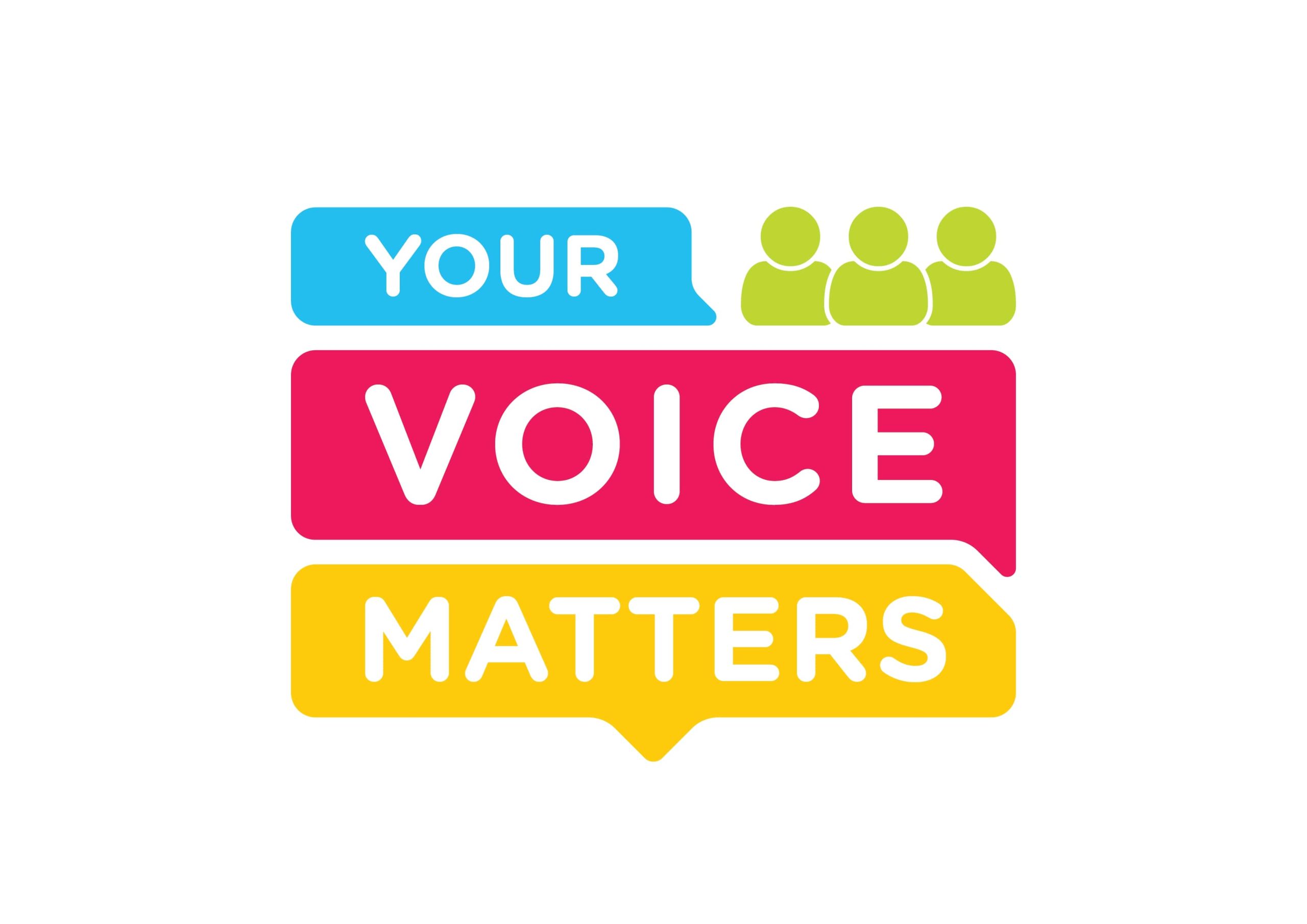Antibodies in the form of immunoglobulins are the blood components that mediate protection against infection. They are the basis of immunity.
They are needed to be regularly replaced as they are metabolised in the body after reaching low levels after about a month in individuals. Humans are unable to manufacture immunoglobulins and have a genetically inclined antibody deficiency, a class of primary antibody deficiency.
Since the first report of the benefits of immunoglobulins in 1952, the administering of commercially immunoglobulin have become widespread in patient care.
Not only do they act as regular replacement therapy for individuals who are unable to produce their own antibodies, but they can also modify immune mediated diseases, including diseases of the central nervous system such as Guillain Barre Syndrome (GBS), idiopathic thrombocytopenic purpura (ITP), and many others.
Since the 1980s, intravenous immunoglobin (IGIV) therapy has grown by leaps and bounds, putting a constraint on the availability of IGIV, as commercial immunoglobulin is prepared from blood pooled from at least 1,000 donors.
Unless continuity of donors is established, the stock will keep depleting. This will be disastrous for patients requiring blood products, including commercial immunoglobulins.
As Immunoglobulin administration appears to show various benefits for many health conditions, many caregivers are content with its use, showing little restraint with the need to give priority to Immunoglobulin as replacement therapy.
When the use of immunoglobulin becomes unregulated, the supply of immunoglobulins becomes insufficient for primary antibody deficiency (PAD), akin to insulin dependent diabetics who needs insulin daily.
This has led to the World Health Organization (WHO) listing Immunoglobulins as essential medicine for patients with primary immunodeficiencies, especially antibody deficiencies.
As IGIV is expensive and immunoglobulin replacement therapy (IRT) is for life, it becomes a nightmare if patients need to procure immunoglobulins every three to four weeks. When IgG drops below a critical level in the blood following insufficient dosage, the patient is at risk of severe infection.
It becomes untenable for the PAD patient to face the high cost of increased doses as he or she becomes older. There is no justification to resort towards a reduced dose or to increase the duration of cycle of IRT.
The need for full subsidy for IRT for all PAD at all ages is an imperative especially in public hospitals, including university hospitals. However, of late, with increasing number of PAD patients requiring IRT, it is no longer fully subsidised.
This has resulted in less availability, with procurement at an additional cost. Passing the cost to the university hospitals for lifelong replacement of Immunoglobulin therapy puts its budget on a constraint.
Policymakers must ensure that IRT for PAD patients is sustained in university hospitals by subsidising it fully, as what is being done in public hospitals.
Supervision of IRT in hospitals should be under centralised specialist care. A specialist trained in clinical immunology should be available to advise on long term care and to optimise IRT application.
Clinicians with experience in immunology attending to such patients tend to overlook the significance of adequate dosage and strict regularity involving IRT.
There should be optimum care for primary antibody deficiency patients when they undergo IRT at public hospitals and university hospitals. If children with thalassaemia and haemophilia have no concerns about access to blood transfusion and coagulation factors, shouldn’t antibody deficiency patients receive similar privileges?
Dr Lokman Mohd Noh is a member of the Translational Immunology Group for Education Research and Society (TIGERS).
- This is the personal opinion of the writer or publication and does not necessarily represent the views of CodeBlue.




